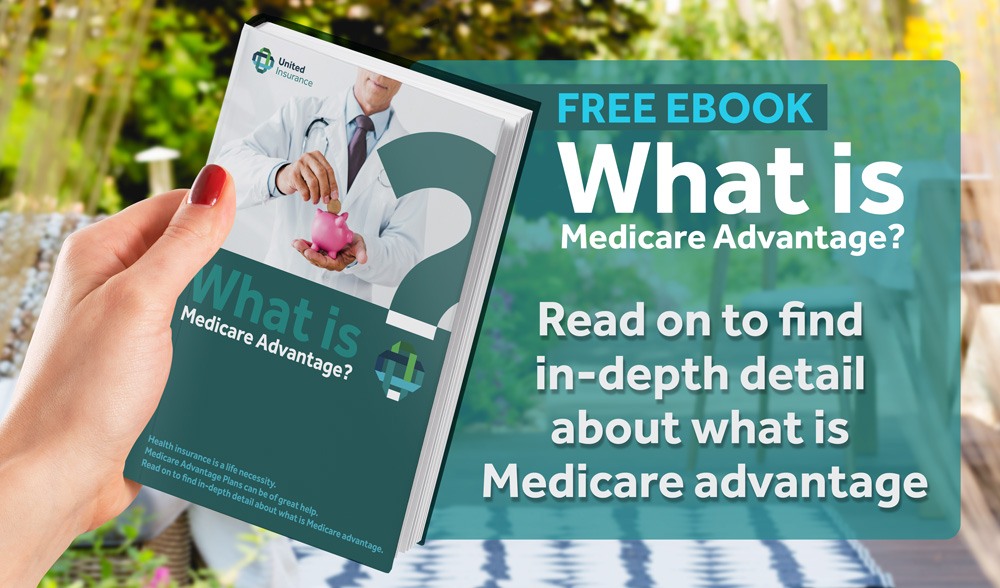
Does medicare part B pay for Dental? Unfortunately no. Part B does not cover dental expenses, but there are other options available for seniors seeking dental coverage. One option is Medicare Advantage. These plans offer additional benefits beyond that offered by Medicare. Another option is to purchase a separate dental insurance policy. No matter what route you choose to take. It’s important to do your research and find the best coverage possible for your needs and budget.
There are some Exceptions to the Rule
For example, if you suffer an accident that results in damage to the jaw. Medicare would cover the medical reconstruction of the jaw. Or if you have a disease involving the jaw. Medicare would help with teeth affected by the disease.
For emergency and complicated dental procedures that require a hospital stay. In this case Medicare Part A covers the hospital stay but not the dental procedure.
If you’re having a kidney or heart transplant or another complicated procedure that requires a preliminary dental exam. In this situation Medicare covers the dental exam either under Medicare Part A or Medicare Part B. However this is depending on whether the dental exam is performed by hospital staff or an in-office physician.
Since routine dental coverage is not available under Original Medicare. You are generally responsible for the full cost of your dental care unless you have other dental insurance.
Does Medicare Advantage Cover Dental?
Medicare Advantage plans are required to offer the same coverage as Original Medicare. But many plans also offer additional benefits, such as routine dental care.
If you’re considering a Medicare Advantage plan, it’s important to check with the plan directly. This way you can see what additional benefits are offered. As well as whether there are any limitations or restrictions on those benefits.

Some Medigap plans cover dental expenses
If you have a Medicare Supplement (Medigap) plan, you might have some coverage for dental expenses. Medigap plans are not required to cover dental expenses. However some plans—such as Plan K and Plan L—offer limited coverage for certain dental procedures.
You can also add a dental rider to your Medigap policy for an additional premium. A dental rider is an add-on that specifically covers dental expenses. Not all Medigap carriers offer dental riders. It is best to check with your carrier to see if this option is available.
Other Dental Options for Seniors
In addition to the dental coverage options described above, there are a few other programs that might offer dental benefits for seniors.
Indian Health Service is a federally funded health care program. This program provides dental care to American Indians and Alaska Natives.
If you are an IHS patient, you might be able to get dental care through the IHS or a contract dentist.
The Veterans Affairs (VA) Dental Care program provides free dental care to eligible veterans. To be eligible, you must be enrolled in the VA health care program and have a service-connected disability rating of 50% or higher, or you must be rated as Totally and Permanently Disabled.
You may also be able to get dental care through state-funded programs, such as Medicaid or the Children’s Health Insurance Program (CHIP).
Dental Insurance
Options:
If you’re not eligible for any of the government-sponsored dental programs described above, you can always purchase a private dental insurance policy.
There are a few things to keep in mind when shopping for dental insurance, such as whether the policy covers preventive care, basic procedures, or major procedures. You’ll also want to compare the monthly premium, deductible, and out-of-pocket maximum to find a policy that fits your needs and budget.
Keep in mind that dental insurance policies have waiting periods for certain procedures, so you might not be able to get the coverage you need right away.
You can also purchase a standalone dental discount plan
These plans are not insurance, but they can offer discounts on dental procedures from participating providers.
With a dental discount plan, you pay an annual fee to get access to discounted rates on dental procedures. There are no waiting periods or annual limits, but you will only be able to use the plan at participating providers.
A final option is to pay for your dental care out-of-pocket
If you don’t have dental insurance and you don’t want to purchase a dental discount plan, you can always pay for your dental care out-of-pocket.
You might be able to get a discount on dental procedures if you pay in cash, but be sure to check with your dentist beforehand to see if this is an option.
You can also look into dental financing options to help you pay for dental care. With dental financing, you can make monthly payments on your dental procedures.
No matter which option you choose, be sure to compare prices and get quotes from multiple dentists before making a decision. In conclusion please reach out with any questions you may have.

